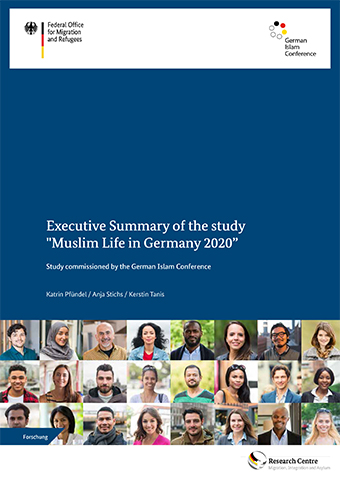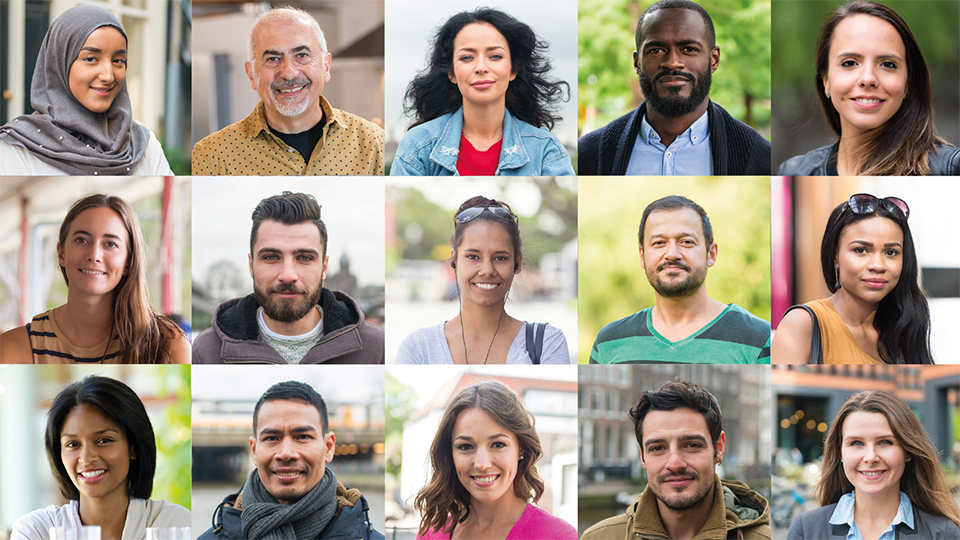"Muslim life in Germany is diverse" ,
How do Muslims live in Germany today? How important is religion - also in comparison to people of other faiths? And how well are Muslims integrated in Germany? The study "Muslim Life in Germany 2020" examines these and other questions.
The study "Muslim Life in Germany 2020" was conducted by the Research Centre of the Federal Office for Migration and Refugees (BAMF) as part of the study series of the same name on behalf of the German Islam Conference. The aim of the study is to provide up-to-date and meaningful basic information on Muslims living in Germany.
Katrin Pfündel, Dr. Anja Stichs and Dr. Kerstin Tanis, authors and research assistants at the BAMF Research Centre, talk about the most important results of the study in this interview.
How many Muslims are currently living in Germany and how has their structure developed in recent years?
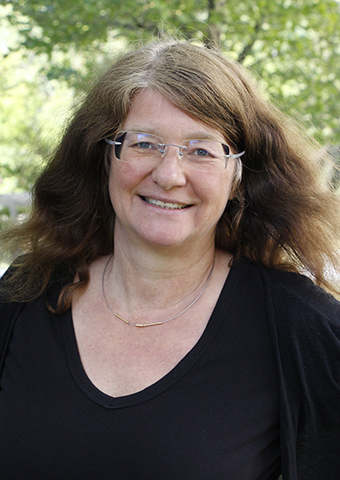 Dr. Anja Stichs
Source: © BAMF
Dr. Anja Stichs
Source: © BAMF
Dr. Anja Stichs: According to our extrapolation, there are currently between 5.3 and 5.6 million Muslims with a migration background from a Muslim country of origin living in Germany. This is between 6.4 and 6.7 percent of the total population. Since 2015, the number of Muslims has thus increased by around 0.9 million people. This is mainly due to the immigration of people from the crisis regions in the Near and Middle East.
Another important finding is that the Muslim population group in Germany has become significantly more diverse in recent years. This can be seen, among other things, in the distribution according to countries of origin: Muslims from Turkey, who have a long history of immigration to Germany, continue to form the largest group of origin, but with a share of 45 percent they no longer represent the absolute majority. With a share of 13 percent, they are followed in second place by Muslims from Syria, including many recent immigrants. Accordingly, the life experiences of Muslims living in Germany vary widely. Many of them immigrated to Germany years ago or were born in Germany. Almost half of them have German citizenship. However, a growing number have only arrived in recent years and are still in the process of building a life in Germany.
What role does religion play for Muslims in Germany and how do they practice it?
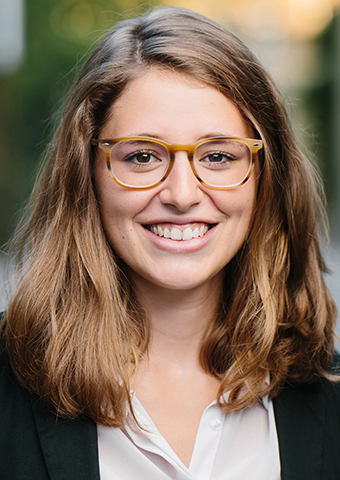 Katrin Pfündel
Source: © BAMF
Katrin Pfündel
Source: © BAMF
Katrin Pfündel: A substantial majority of the Muslim respondents state that they are strongly or rather devout. However, their proportion has decreased overall compared to the study "Muslim Life in Germany 2008". At the same time, not only Muslim religious members are often devout, but all interviewed persons with a migration background, i.e. also those with Christian and other religious affiliations. Christian persons without a migration background, on the other hand, are less likely to be strongly or rather devout.
Our analyses show that Muslim religious members incorporate religious practices into their daily lives in very different ways: For example, nearly 40 percent say they pray daily, while 25 percent never do. Religious events are attended at least once a week by only a quarter of Muslims. The celebration of religious festivals and holidays, on the other hand, is of great importance for most Muslim persons - as it is for Christian persons with and without a migration background. Of particular interest to us is the finding that the vast majority of Muslim women and girls do not wear headscarves - contrary to widespread public opinion.
What influence does religion have on the integration process and how well are Muslims integrated in Germany?
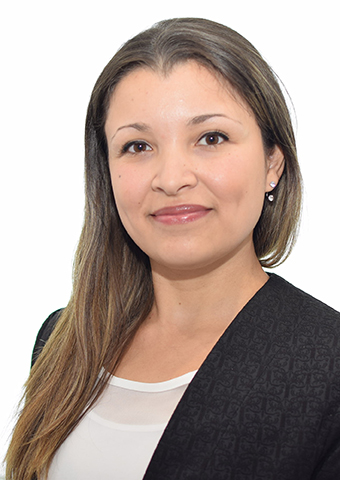 Dr. Kerstin Tanis
Source: private
Dr. Kerstin Tanis
Source: private
Dr. Kerstin Tanis: Our analyses show that the influence of religion on integration is often overestimated. In terms of the integration indicators considered, Muslims hardly differ from people who also have a migration background from the Muslim-majority countries of origin considered, but who belong to a different religion.
Rather, we have found that migration biographical aspects such as length of stay, reasons for migration or social situation shape the integration process to a far greater extent than religious affiliation. In this context, a need to catch up can be seen above all in school education and vocational training - particularly among first-generation immigrants. For example, there are many people who have recently immigrated from the Middle East and have had to interrupt their educational biographies due to their flight.
In terms of social integration, however, we can see that Muslims are well integrated: Two out of three have frequent contact with people of German origin in their circle of friends. At the same time, those who still have few contacts show a strong desire for more frequent contact. This shows that it will continue to be very important for social cohesion that people with and without a migration background approach each other equally.
Abridged version of the study entitled "Muslim life in Germany 2020"
You will find an abridged version of the study entitled "Muslim life in Germany 2020" (MLD 2020) here.
